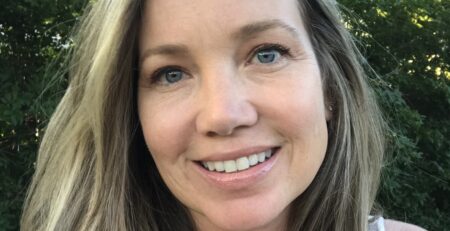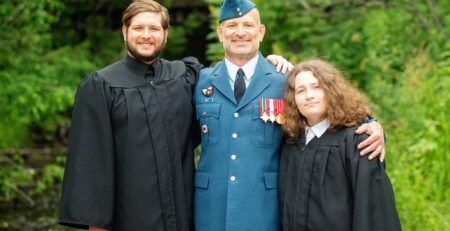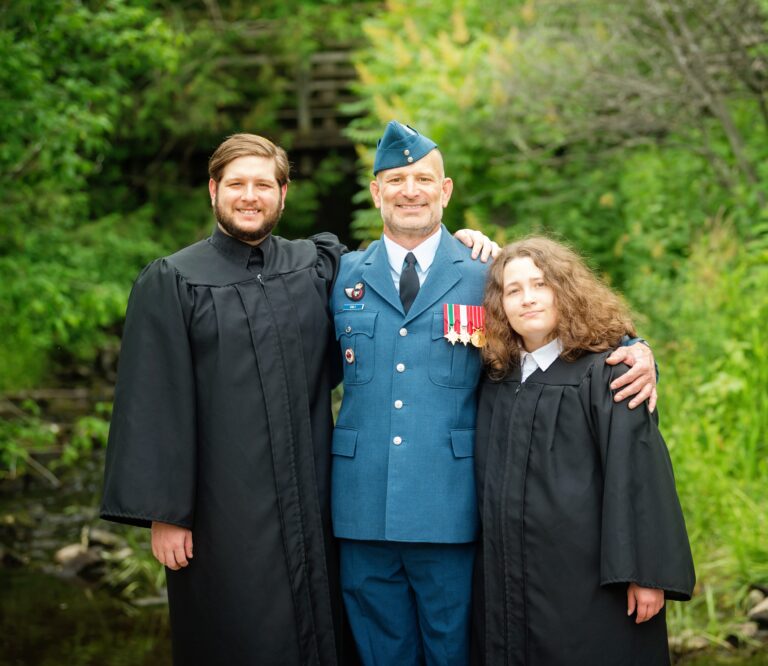EDMONTON: The Justice Centre will be in Federal Court on Tuesday, June 14, 2022, on behalf of one of two Cree women challenging discriminatory election rules at Whitefish Lake First Nation #128 (“Whitefish Lake”) near St. Paul, Alberta. Whitefish Lake prohibits members in common law relationships from running for Chief and Council, and does not allow members whose mother, grandmother or great grandmother was married to a non-status person to vote in elections.
Justice Centre lawyer Marty Moore represents Lorna Jackson-Littlewolfe, a Cree mother and grandmother, who filed a constitutional challenge on May 14, 2021, after she was removed as a candidate in the 2021 Whitefish Lake elections for Chief and Council because she is in a common-law relationship.
According to census data, there are hundreds of Whitefish Lake members in common-law relationships.
Another Cree woman, Karen McCarthy, represented by lawyer Orlagh O’Kelly, of Roberts O’Kelly Law + ADR, has also filed a legal challenge against Whitefish Lake for prohibiting her and other band members from voting in the 2021 Whitefish Lake elections. Whitefish Lake prevents members from voting if their mothers, grandmothers or great-grandmothers had married non-status people, and consequently lost their status under the Indian Act. In contrast, the descendants of men who married non-status people are permitted to vote in Whitefish Lake elections. Men who married non-status individuals did not loose their status under the Indian Act. In 1985, Parliament passed Bill C-31 to change the Indian Act to remove this sex-based discrimination and restore status to the First Nation women who had married non-status people (and their descendants). Despite this, Whitefish Lake has continued to discriminate against its members who have status under Bill C-31.
The legal challenges of Ms. Jackson-Littlewolfe and Ms. McCarthy will be heard together by the Federal Court on Tuesday at a virtual hearing.
Whitefish Lake claims that its discrimination against its members is immune from legal challenge because of the Charter’s protection of “rights and freedoms that pertain to aboriginal peoples of Canada” under section 25. Whitefish Lake has put forward an Affidavit claiming that it has “adopted and accepted the teachings of the Methodist Church”, including its teachings about marriage to explain its policy.
Whitefish Lake, in essence, claims that it has a self-government right to continue the discrimination of the Indian Act against their own members whose mothers, grandmothers and great grandmothers married a non-status person prior to 1985.
Ms. McCarthy is looking forward to moving past the discrimination of the Indian Act, stating: “For many years, we have been discriminated against but did not have the means to bring this to Court to vindicate our rights. We are looking forward to having the Court rule on this important issue, and are hoping for re-enfranchisement for all these members.”
Ms. Jackson-Littlewolfe and Ms. McCarthy are seeking a new election at Whitefish Lake, which will allow members in common-law relationships to run for election and members whose mother, grandmother or great grandmother was married to a non-status person to vote.
“As Canadians, First Nation members have an equal right to be free from discrimination on the basis of their sex or marital status”, states Marty Moore, counsel for Ms. Jackson-Littlewolfe. “First Nation members should not be treated as second class citizens; rather they have the right to challenge discrimination against them by their own First Nation government. Ms. Jackson-Littlewolfe wants fair elections at Whitefish free of discrimination against band members.”








